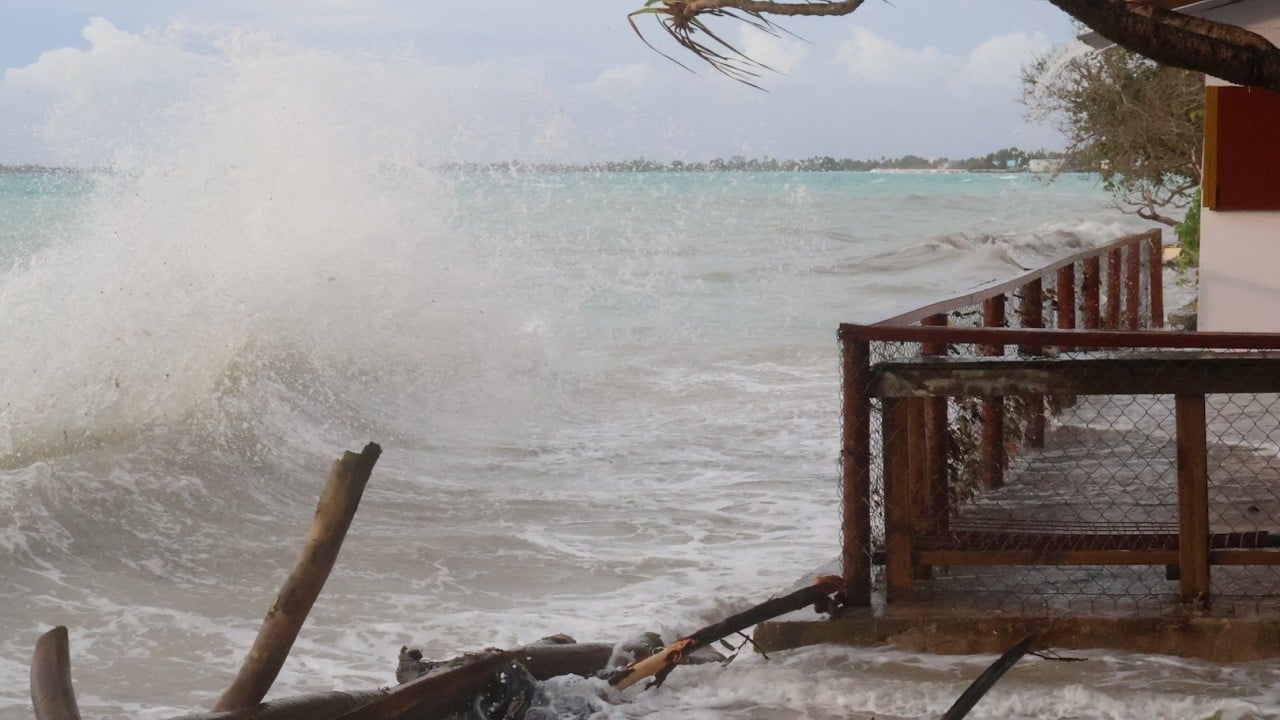The Pacific Islands are often portrayed through picture-perfect beaches and sunsets, but beneath these scenes of paradise lies the perilous threat posed by climate change.
Advertisement
In 2021, Tuvalu Foreign Minister Simon Kofe delivered a speech to the COP26 UN climate summit while thigh-deep in water. He said straight to the world, “we are sinking”. Despite the urgent call for action, the voice of an island nation of about 11,000 people can easily get lost in the traditional halls of power.
However, this is not a journey that Tuvalu walks alone as the Pacific has a proud history of working together to beat shared challenges. Since its establishment in 1971, the Pacific Islands Forum stands as a cornerstone of political and economic cooperation among its 18 member countries.
Advertisement
The communique from last month’s 53rd Pacific Islands Leaders Forum emphasised “the importance of solidarity in the face of many challenges”. For Pacific leaders, there is an unavoidable overlap between their actions, those of their neighbours and the impact of climate change on their ability to deliver.
As custodians of nearly 20 per cent of the Earth’s surface, the Pacific Islands are home to diverse cultures and unique ecosystems. Despite their minimal contributions to global greenhouse gas emissions, the region’s countries face a disproportionately heavy burden from some of the most severe effects of climate change. These include rising sea levels and increasingly frequent and intense natural disasters whose damage is exacerbated by these countries’ low-lying geography.

